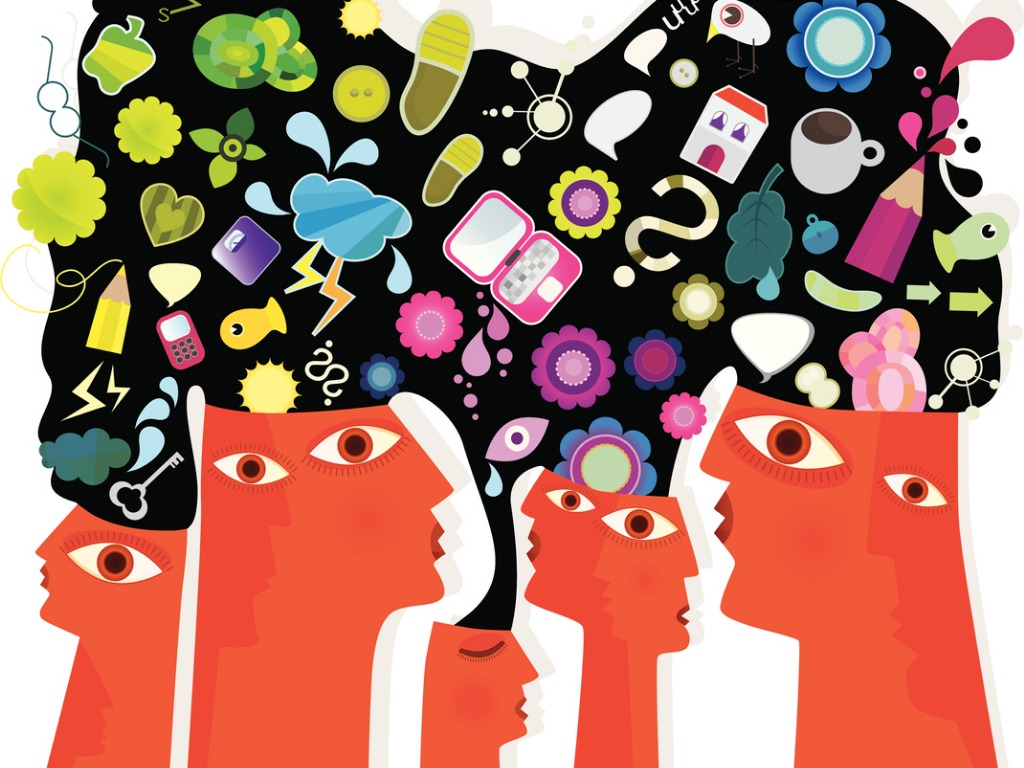From the outside, I look like a typical teenager. I hang out with my friends, I play sports, I go out to dinner with my family, and I go to school. Honestly, if you didn’t know me, you wouldn’t even know that I have an anxiety disorder. That’s the thing about people. We have no idea what is going on in someone else’s mind. We only know what we can see, and from what I understand, I can’t see your thoughts.
Picture this: You are standing in your kitchen making toast. While your toast is in the toaster, you go to the bathroom, wash your hands (hopefully), and come back only to find that you burnt your toast. If I am watching this happen to you, here are the facts that I can gather. You put the bread in the toaster. You went to the bathroom. You came back and your toast was burnt. Now here’s what I can assume. You are disappointed. You probably didn’t mean to burn your toast. You are probably thinking “oops, my bad.” My assumptions may be true but they also may be completely false. Maybe you like your toast burnt. Maybe you are thinking “Holy crap, what if I burn the house down next time I make toast?”
This is what people do all day, every day. We see the facts and we make assumptions. We assume and assume but we are really just making up stories about each other. And the problem is, we can’t help it. No one teaches us to do anything else. In English classes, for example, we are told to infer how a character in a story is feeling. That’s making an assumption. Or if we are on a date, we are told to “read the room” before making a move. This is a good and appropriate strategy for this situation, but we are still making assumptions.
Take me for example. You may look at me and assume that I am happy because I am smiling, but in reality, I may be smiling so people stop asking me if I am OK. Or I might be smiling because I had one moment of silence in my mind and I am just trying to savor the moment.
So how can we not assume? Well, the most important thing to do is to be curious. Ask questions. Ask “how are you feeling?” instead of assuming that someone is feeling a certain way. Ask “what can I do to be helpful?” instead of assuming that what you are doing is helpful. Try to keep in mind is that you never know what is going on in someone else’s mind. And always remember Ellen DeGeneres’s famous words: “You should never assume. You know what happens when you assume. You make an ass out of you and me because that’s how it’s spelled.”
 Sophie is the President of Here.Now.’s Teen Board of Directors and is also the author of “Don’t Tell Me To Relax: One Teen’s Journey to Survive Anxiety.” She’s passionate about destigmatizing mental illnesses and promoting mental health and resiliency.
Sophie is the President of Here.Now.’s Teen Board of Directors and is also the author of “Don’t Tell Me To Relax: One Teen’s Journey to Survive Anxiety.” She’s passionate about destigmatizing mental illnesses and promoting mental health and resiliency.






